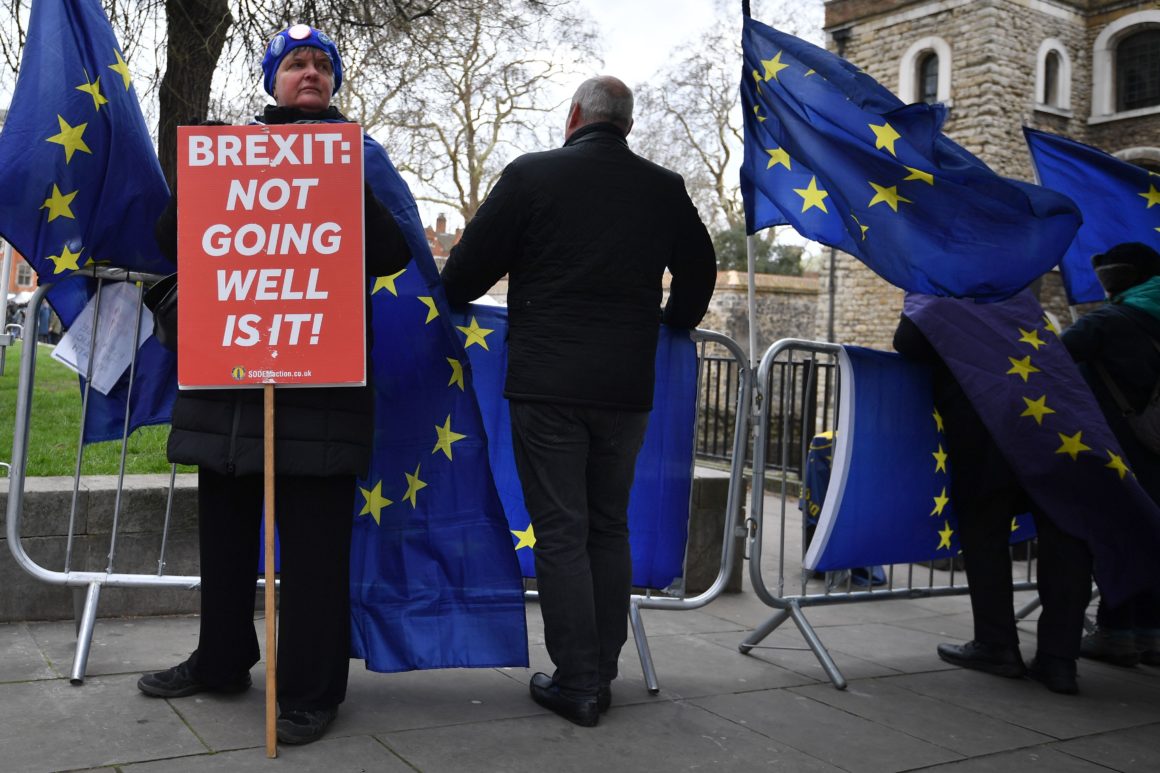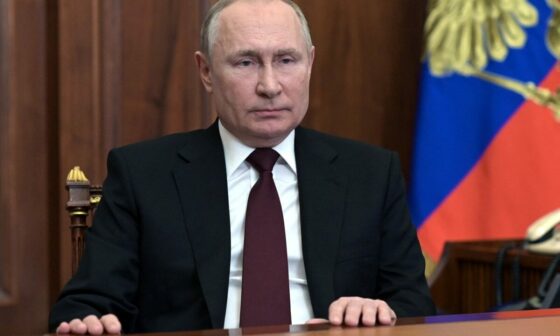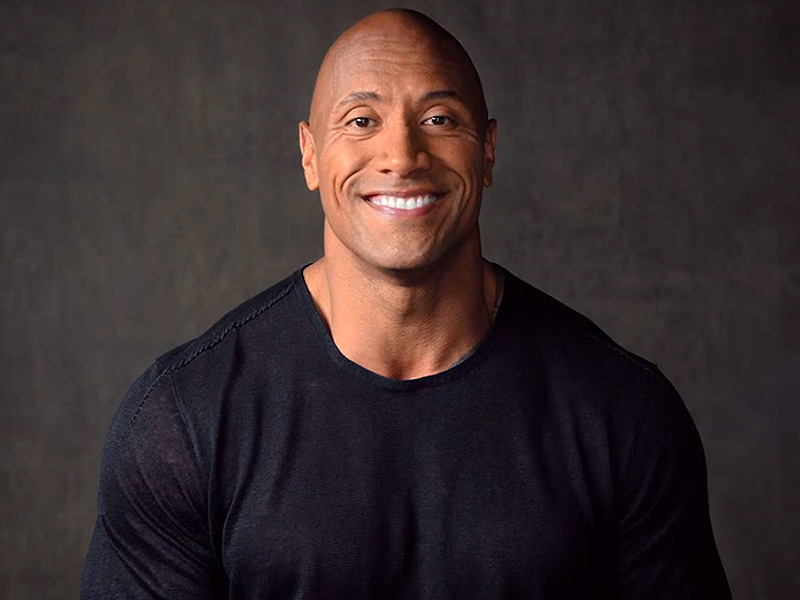
Following this Saturday’s vote on the new Brexit deal, UK Prime Minister Boris Johnson has been forced by the Benn act to send a letter to the EU to ask for an additional Brexit delay beyond 31 October. Mr Johnson, actually, sent three letters: alongside the official request, he sent a letter from the UK’s ambassador and a personal letter, sharing his own thoughts about possible damages of a new Brexit delay.
However, the European commission has confirmed that the “particular” form of the request is irrelevant and opened up to a further delay, which could bring to general elections in Britain or even to a referendum on the deal. Ambassadors from the other 27 EU countries gathered on Sunday, but didn’t share a common statement about the request for delay.
EU leaders are expected to take some time deciding whether to prolong the current Brexit deadline, but it is likely that the request will be backed. Indeed, none hopes for a no-deal Brexit, which would affect not only the British economy, but the whole European financial stability.
On the other hand, some European politicians have already confirmed their agreement on a possible Brexit delay. For example, Peter Altmaier, a key ally of the German chancellor, Angela Merkel, has stated: “We have already twice agreed to an extension. I have repeatedly said as my own opinion I am not ideologically opposed to extending again a few days or a few weeks if you then certainly get a good solution that excludes a hard Brexit”.
He then added: ”If the British are to opt for one of the longer-term options, that is new elections or a new referendum, then it goes without saying that the European Union should do it, for me anyway”.
Moreover, Pierre Vimont, a former French ambassador to the EU, explained that he would agree on postponing Brexit only “if there is a good reason for extension”. He added: “On technical grounds in order to get the relevant legislation through or a second referendum/general elections to let the voters finally decide on exiting or staying, I guess the EU 27 will agree to a last extension”.
To conclude, while EU leaders are deciding on this issue, Boris Johnson doesn’t seem willing to give up on his intention to leave the Eu on October 31 and will try to make the Parliament vote on the deal until the very end.
#Peace.Love.Brexit








